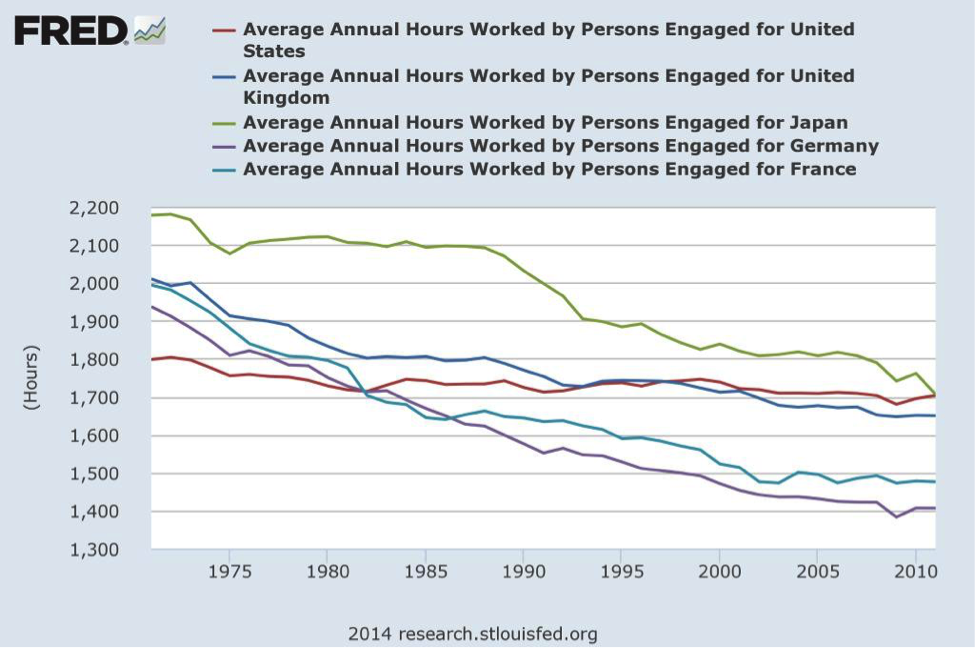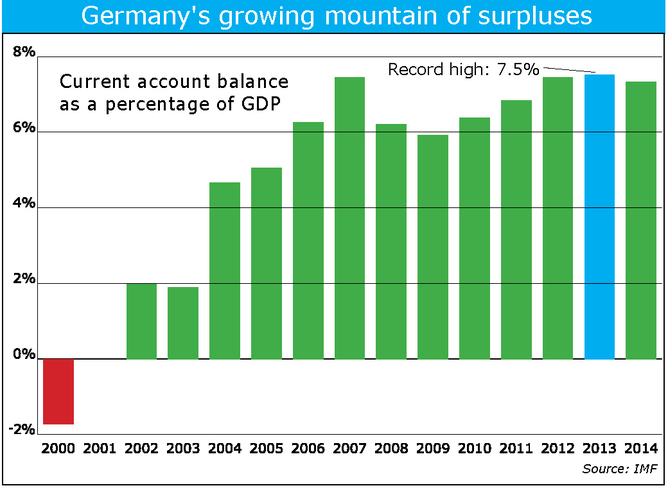“Interesting Times” Ahead for Euroland
The Levy Economics Institute of Bard College co-organized an international conference on November 21-22 in Athens, Greece, on the continuing crisis in the eurozone.
Among the speakers were:
• Elga Bartsch, Morgan Stanley’s chief European economist;
• Peter Bofinger, a German academic economist and a member of the German Chancellor’s Council of Economic Advisers;
• Marek Belka, governor of Poland’s central bank;
• Giannis Dragasakis, a Greek politician and member of the Greek parliament for the Coalition of the Radical Left (SYRIZA);
• Heiner Flassbeck, a former director of the Division on Globalization and Development Strategies of the United Nations Conference on Trade and Development (UNCTAD) and former vice minister of the German Federal Ministry of Finance;
• Patrick Honohan, governor of Ireland’s central bank;
• Stuart Holland, a British academic economist teaching in Portugal and a former member of the British parliament;
• Stephen Kinsella, an Irish academic economist;
• numerous Greek economists, including Panagiotis Liargovas, the head of Parliamentary Budget Office at Greek Parliament; and, last but not least,
• scholars from the Levy Institute, including its president (Dimitri B. Papadimitriou), who heads the Institute’s macro-modeling team projects.
Adding to this rather illustrious list of speakers were panel moderators from The New York Times, Wall Street Journal, Bloomberg News, National Public Radio (USA), and various daily newspapers in Greece.
While there were some disagreements on policy matters among the panelists, it seems that most speakers reached the following conclusions: continue reading…







 ShareThis
ShareThis